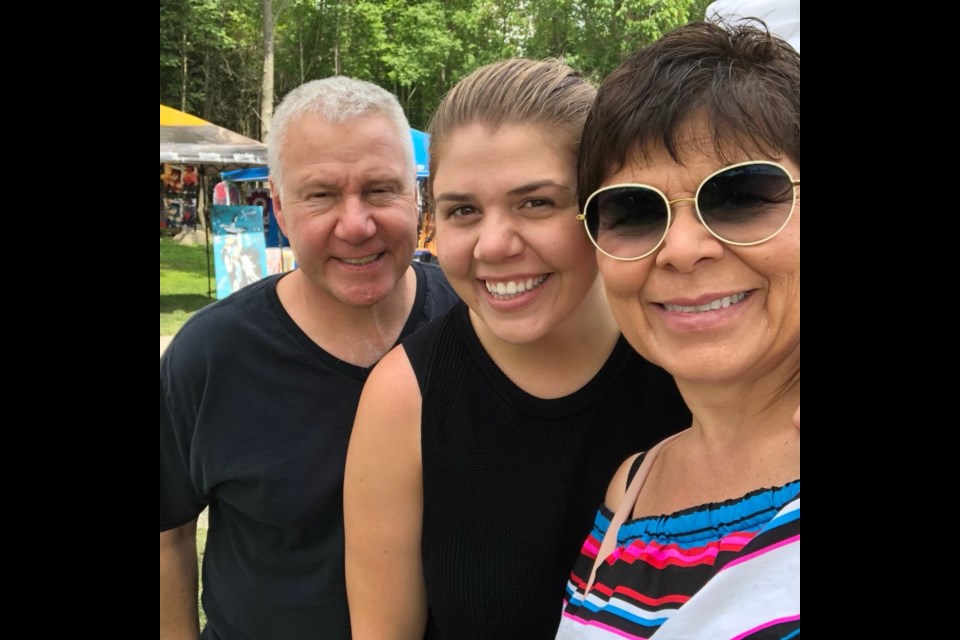Rama First Nation lawyer Stephanie Willsey has made a big splash on behalf of her fellow Indigenous people.
Willsey recently won an $8-billion class-action lawsuit against the federal government on behalf of reserves who have not had access to clean drinking water.
Willsey’s legal journey to ensure there is clean drinking water on Canada's reserves started when she joined Mccarthy Tétrault in 2016. The Orillia District Collegiate and Vocational Institute (ODCVI) graduate began working for the Toronto-based firm straight out of law school.
Willsey, who is now a litigator, has a passion for doing work on behalf of Indigenous people. Mccarthy Tétrault, she said, is known for being a firm that has an appetite to take on work on behalf of First Nations people and communities.
It's no secret that for several decades, hundreds of First Nations communities have had issues accessing clean drinking water on reserves.
“The government had been promising for decades that they would resolve the issues and it just felt like a broken promise,” Willsey said.
Willsey and representatives from her firm met with Curve Lake First Nation chief Emily Whetung and leaders from other communities to understand water issues on reserves, what a solution would be on a long-term basis, and how and why the government hadn’t helped.
Then, in 2019, three First Nation communities - Curve Lake First Nation, Tataskweyak Cree Nation, and Neskantaga First Nation - instructed Willsey’s firm to bring on a class-action lawsuit. In December, the action was approved, and the claims period started last week.
With Willsey’s help, Mccarthy Tétrault was successful in getting $2 billion in compensation for people in communities who have been directly impacted by a lack of clean drinking water. The other $6 billion will be used for solutions for communities still without water. As part of the agreement, no future government can renege on this promise.
“There are roughly 60 communities still without a consistent or clean water source,” Willsey said. “We want people to be able to turn their taps on and off and guarantee clean drinking water the same as Canadians off-reserve.”
Willsey, 28, is proud that her passion project was a success and gratified that she has helped people who have been denied a basic human necessity.
“On behalf of Indigenous people across Canada and as an Indigenous person working in law, I feel an obligation and duty to help my people,” she said. “I’m really grateful to have done that and I hope to work on more class actions and non-class actions like this.”
Typically, class action lawsuits can take decades to resolve. Willsey said she is thankful this particular case was pushed through quickly.
“We litigated really hard because we knew the issues were time-sensitive and there was no reason to let Canada delay it at all,” she said. “We wanted to push through to get clean drinking water in communities as quickly as possible. I just feel happy and proud to have been involved in the solution.”
Willsey says she is inspired by her mother, Mary-Anne.
“She has been my main influence in teaching me about the culture,” she said. “She has taught me how to give back to our community, to take our teachings, and take them to places like Toronto and the courts.”
Another influence on Willsey’s career is Chippewas of Rama First Nation Chief Ted Williams, who is a cousin.
“I’ve seen his leadership and passion for our community,” she said. “I would really like to be more like my mom and like Chief Ted in the future; they are great role models for giving back to the community, doing good work, and being proud of our culture.”
Willsey says she is grateful for the support she has received over the years from the Rama community.
“The band has always been really supportive of pursuing further education,” she said. “I feel really grateful for that and our community.”
